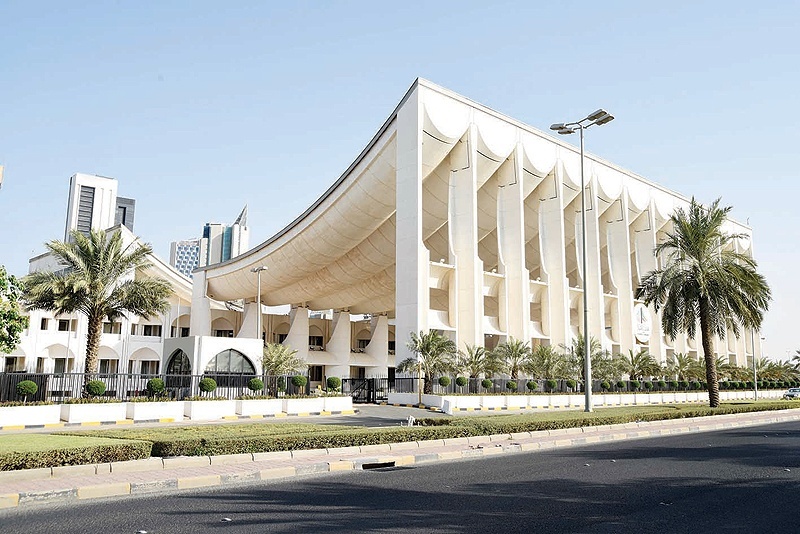
By B Izzak
KUWAIT: As many as 74 former MPs are among 321 candidates left in the fray for the 50 National Assembly seats after withdrawals of candidacy closed for the Dec 5 elections. Of the 395 candidates who registered to contest the polls, 54 dropped out and an interior ministry commission disqualified 34 others, of whom 14 have so far been reinstated by the court. The final number of hopefuls could change after the court of cassation issues its final verdict on the issue today.
There are 27 female candidates left in the race, including MP Safa Al-Hashem. In the 2016 general polls, about 300 candidates contested the polls, with around 80 former lawmakers. Forty-four members of the outgoing Assembly along with 30 former MPs from previous assemblies are bidding for re-election amid a very quiet and dull election campaign hit by the coronavirus pandemic that lacks "explosive" issues.
Around 25 opposition members, a majority of them Islamists, are in the race with the main aim to create a strong opposition bloc capable of stopping what opposition figures claim is an unprecedented slide in Kuwait's domestic politics. Pollsters and analysts believe that some 40 percent of the members of the outgoing Assembly will be replaced, but barring a last-minute major event that could influence the outcome, the same policies are expected to be maintained with the government and its supporters retaining their solid control.
Marzouq Al-Ghanem, the house speaker for the past two parliaments, is expected to be reelected for the coveted post as no real threat has emerged to challenge him. Only former MP and minister Roudhan Al-Roudhan said he will contest the speakership post if he wins a seat in the Assembly, with most analysts ruling out that he can mount any challenge.
As many as 568,000 Kuwaitis are eligible to vote, a 17 percent rise from four years ago. About 51 percent of the voters are females because members of the military and police forces, overwhelmingly men, are barred from voting. Local and foreign observers will monitor the elections, according to the Anti-Corruption Authority, which held a training course for 187 volunteers from Kuwait Transparency Society, which was invited by the government to monitor the polls.
The Anti-Corruption Authority also said 11 Arab and foreign observers will also participate. Kuwait Human Rights Society also announced it will take part in monitoring the polls with an unspecified number of observers. The observers are allowed to monitor and report illegal practices like vote-buying, violations in campaigns and other violations that could impact the outcome of the election.
A local pollster and research center Masarat expected that 13 Islamist candidates will win seats in the next Assembly. Its conclusion was based on a survey conducted by the center. Unlike previous elections, campaigning this time was mainly virtual, depending on social media and television interviews, but only for lucky candidates who could book their interviews in advance.
Local issues like housing, education, corruption, economy and freedom of speech dominated the campaign, with leading opposition figures charging that the country was being controlled by a "deep state". Almost all candidates insisted they will oppose any plans by the government to impose taxes or raise charges on public services to meet a growing budget deficit due to the sharp fall in oil prices.










